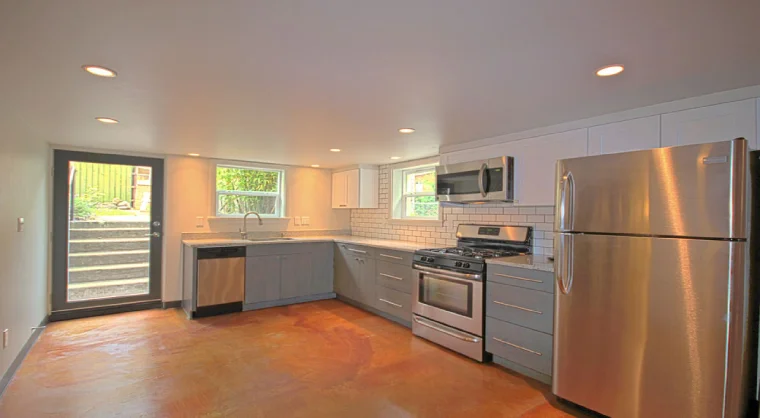Moving from a rural area to an urban setting can present unique challenges for extended families. From managing housing costs and living space to finding activities for children, many considerations need to be taken into account when making such a significant change. Fortunately, you can make your move successful with careful planning and strategy. Here are some tips on overcoming the challenges of moving to the city as an extended family.
1. Finding Housing
The first challenge when moving to the city is finding suitable housing. Prices of goods and services in cities tend to be higher, so it may be difficult to find a home within budget. Consider looking outside the city center—often, there are areas nearby with more affordable prices but still close enough that you can easily access amenities and entertainment opportunities without having too long of a commute.
It’s also important to consider whether or not you’ll need more than one apartment or house for your family if everyone doesn’t fit comfortably in one space. You may want one larger unit for communal gatherings or multiple smaller units, so everyone has their own space if needed. But make sure to research the area first to ensure that all units you rent are safe and secure. You should also check if there are any extra amenities or services you can take advantage of, such as access to shared outdoor spaces or nearby recreation facilities to keep everyone entertained.
2. Adjusting to the Urban Lifestyle
Transitioning from a rural environment to an urban one is often difficult, especially for children and the elderly. As such, you may want to plan activities or outings to help them familiarize themselves with the area and feel more comfortable in their new surroundings. Consider visiting nearby parks or recreational facilities, exploring the local attractions, and eating at different restaurants in the area. This will give everyone the opportunity to discover what their new city has to offer and learn how to navigate it.
There will also be times when most members will be out and working, so you must plan for someone to care for the young and old members. Look into childcare services for your kids and home care options for seniors who can no longer stay home alone. These professionals can ensure everyone is safe and sound while the rest of the family is away.

3. Transportation Options
Another challenge when moving from a rural area is getting around the city if not everyone has their own car or access to public transportation isn’t available or convenient enough for daily use. Look into other options such as car-sharing, bike rentals, ride-hailing services like Uber or Lyft, and even scooters! These can all help reduce costs associated with owning a car while still providing reliable transportation around town.
But if your family is large enough and can afford it, it may still be best to buy one or two vehicles so that you all have a means of transportation. And don’t forget to look into public transportation options, such as buses and subways, which can be cheaper than the other alternatives. You can also look into discounts and passes that can lower the cost of fares.
4. Making Connections
One of the biggest benefits of living in a city is taking advantage of all its cultural offerings. Look up local events happening in your neighborhood and plan trips together as a family! Take time during weekend afternoons or evenings to explore different venues and eateries—it will help build bonds between family members while also introducing them to new experiences they wouldn’t have found in their previous home environment.
Additionally, look up local community centers where kids can get involved in sports teams, art classes, and more! This will allow children to meet new friends who share similar interests while giving parents peace of mind knowing their children are engaged in productive activities outside of school hours. They can also become involved in local volunteer activities and meet people who can provide valuable insight into the city.
Moving from a rural area into a big city can pose several challenges for extended families—from finding suitable housing at reasonable prices to making sure everyone has reliable transportation options available for daily use. However, you can overcome these challenges by doing research beforehand, planning activities or outings as a family, and taking advantage of local cultural offerings. With the right attitude and preparation, extended families can enjoy all the benefits of living in a city while still feeling like they’re part of a close-knit community.





